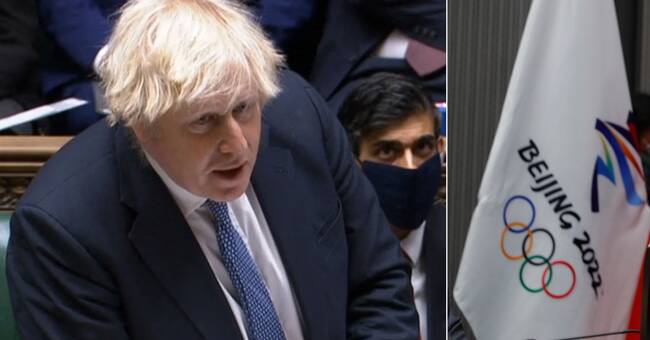Australian athletes will take part and be supported, but diplomats and politicians representing the Australian government will not be present during the Games, which will be held from 4 to 21 February next year.
"This is in Australia's interest, this is the right thing to do," said Prime Minister Scott Morrison at a news conference.
Lithuania is also boycotting
The United States said on Monday it would not send any official representatives of the US government to the Games "because of the ongoing genocide and crimes against humanity in Xinjiang and other human rights abuses".
A few hours after Australia's announcement, the same message came from the British Prime Minister Boris Johnson, in connection with a question time in the British Parliament.
- In practice, there will be a diplomatic boycott of the Winter Olympics in Beijing.
No ministers are expected to go, nor are any political officials, he said, when asked whether Britain should follow the example of the United States, and continued:
- But I do not think that sporting boycotts are something we should support.
That is still the government's position.
Lithuania has also announced that it will boycott the Winter Olympics diplomatically.
The Swedish government has not given any information on the matter, however, the former minister responsible for sports issues, Amanda Lindh (MP) said that she did not intend to go to Beijing.

